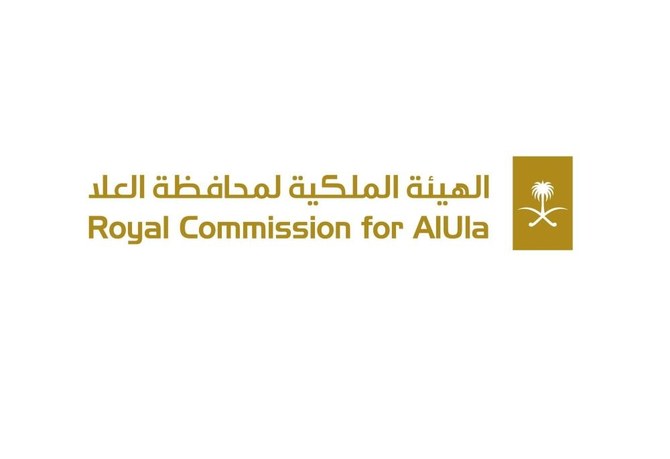MAKKAH: The Royal Commission for AlUla has launched the fourth phase of the AlUla Scholarship Program, which supports participants through training opportunities and workshops to prepare them for the job market and its requirements.
The RCU also launched the University Forum featuring 50 international institutions.
The forum brings together scholarship candidates and university representatives to know more about the institutions, the application and acceptance requirements, and the academic programs on offer.
It also helps candidates to know more about the requirements of their host countries before traveling.
The program relies on growing capabilities that serve the commission’s vision and goals to develop the governorate through tourism, hospitality, agriculture, history, archeology, arts, museums, environmental sciences, urban design and planning, and the management of facilities and services.
RCU official spokesman Abdul Rahman Al-Trairi told Arab News that the scholarship program had four phases and targeted 1,000 male and female students.
The first phase was in 2018. The second was in 2019. The third phase, in 2020, was interrupted due to the pandemic and relaunched in February this year.
He said the specialist fields targeted the jobs created by the commission to make AlUla a tourist and cultural attraction. He said the selection mechanism prioritized countries with the best universities and faculties in certain fields and sectors.
The UK had the best specialization in museum management, Switzerland specialized in hospitality, and Germany and France led the way in archeology, he said.
He added that a Language Institute was launched last November.
He explained that the program did not directly send students on scholarships. Instead, it exposed them to a qualifying and training program lasting between six to eight months at AlUla Al-Fatih Institute, with the first track focusing on enhancing language skills.
There was a forum on July 27 with the participation of 50 universities from four countries to introduce students more broadly to the specializations of the academic tracks in various faculties.
It was aimed at providing more opportunities for applicants accepted for a diploma, bachelor’s, or master’s degree program, in conjunction with the inauguration of the AlUla Scholarship Program Center.



























